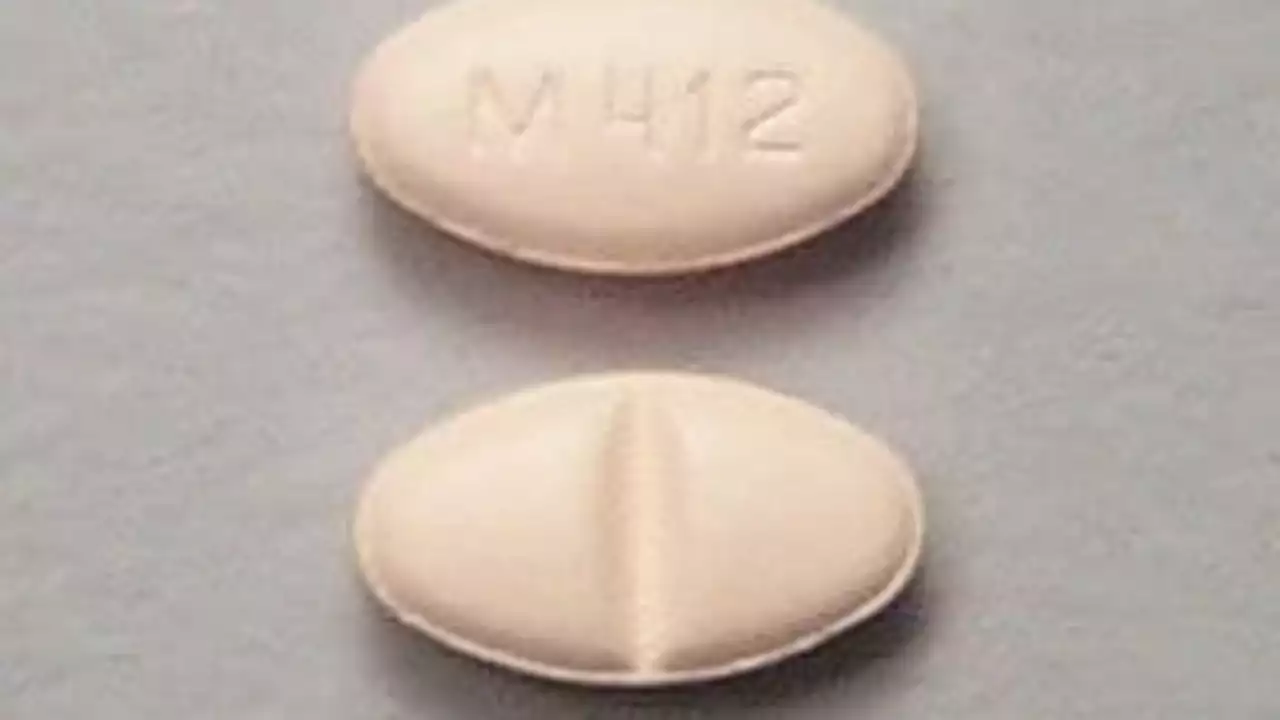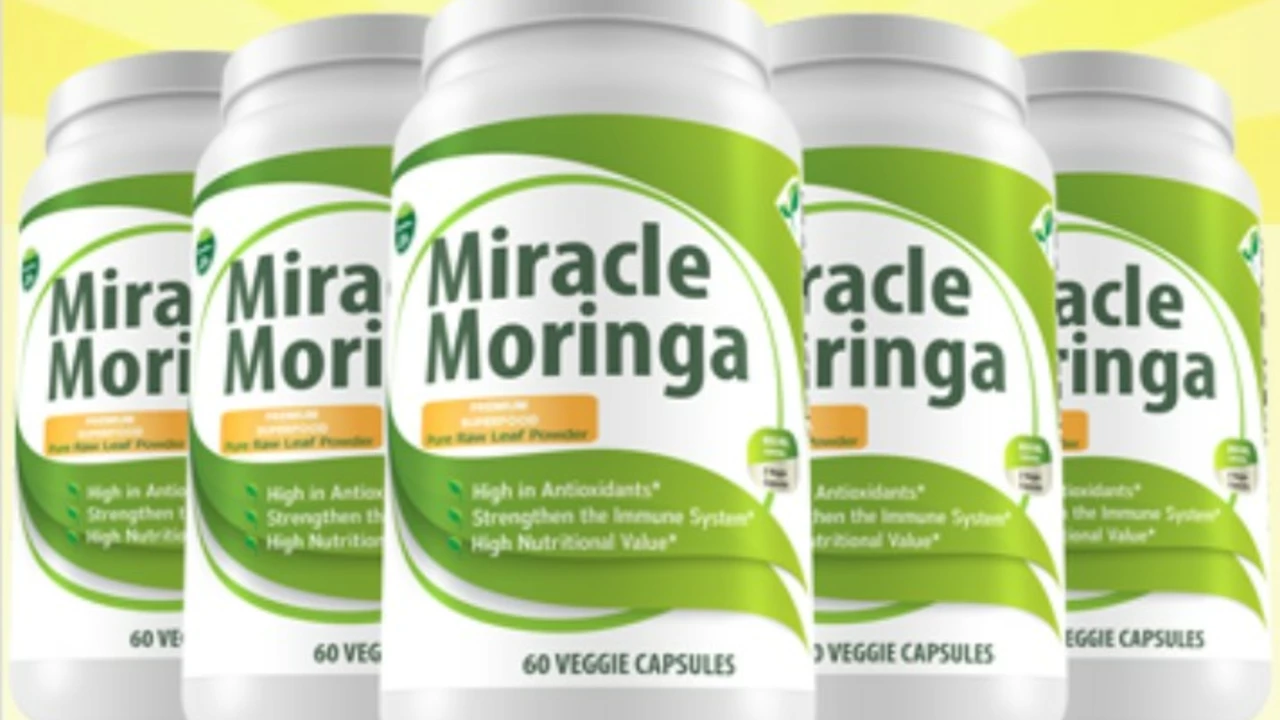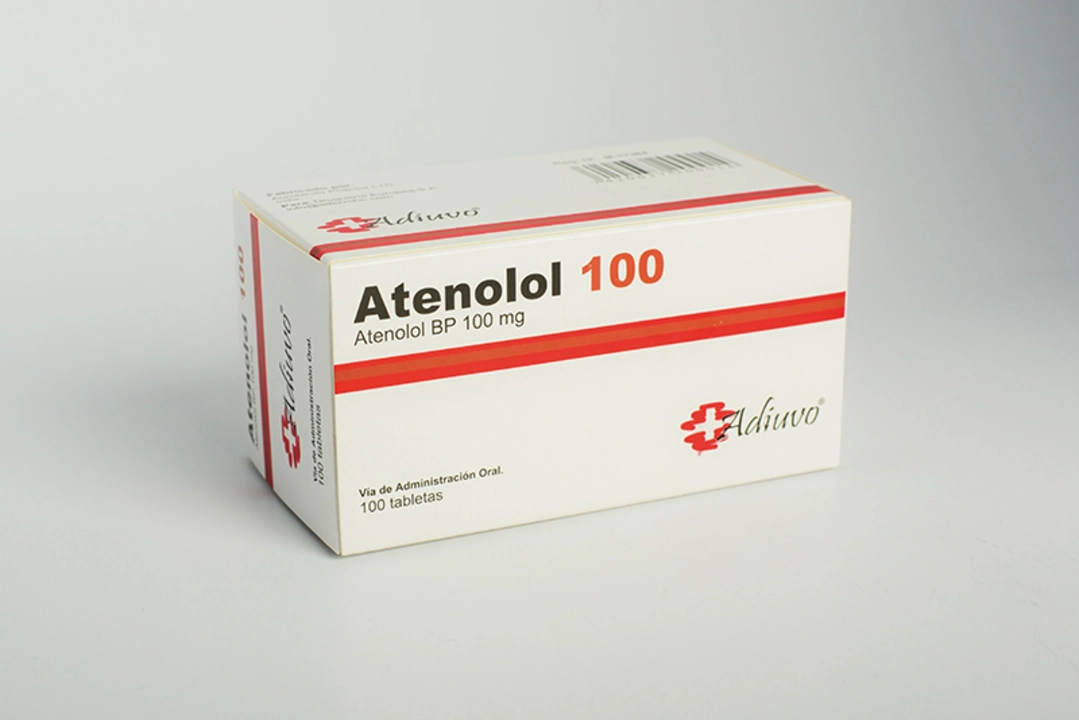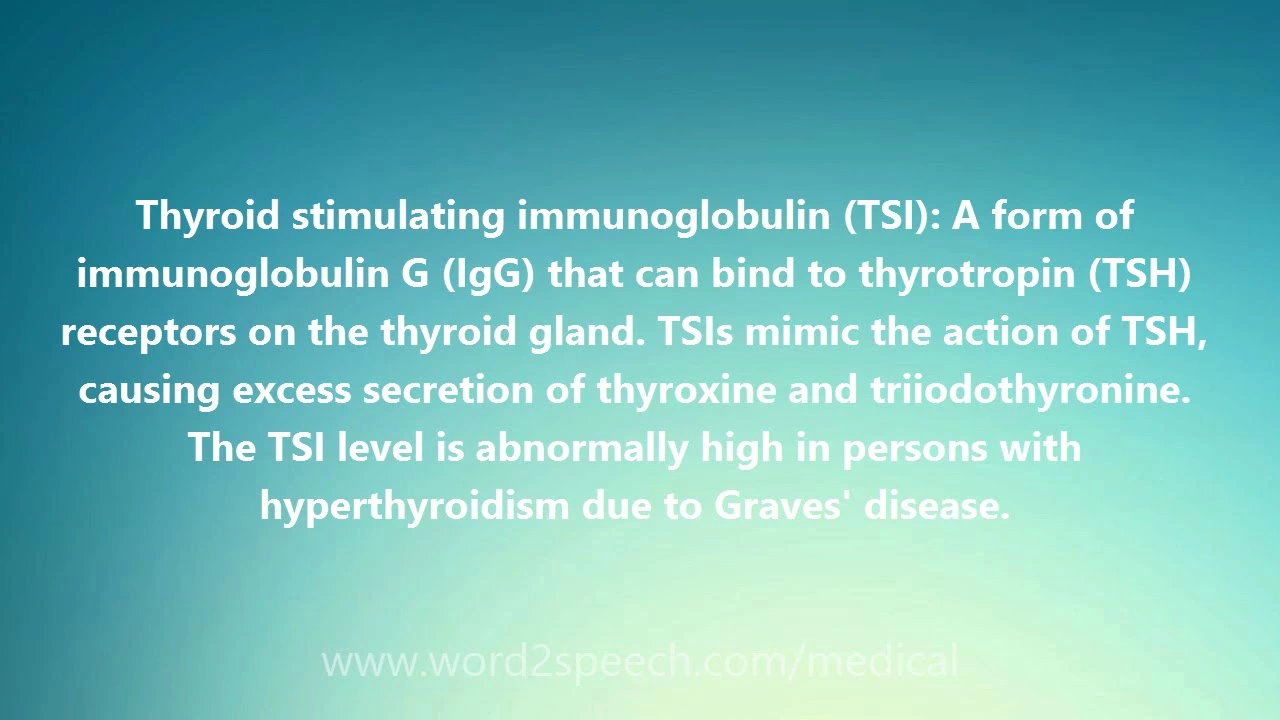Here’s a short, useful recap of what we published in June 2023. I picked the key takeaways from each post so you can quickly see what matters and decide what to read next. Expect practical notes, safety tips, and a few signs to watch for if you try any of these supplements or medications.
Hibiscus: this flower packs vitamin C, antioxidants, and compounds that can help lower blood pressure and support skin health. If you’re trying hibiscus tea, start with one cup daily and watch your blood pressure if you’re on antihypertensives. It’s natural, but it’s not harmless — talk to your doctor first.
Moringa: a nutrient-dense plant that can boost energy, digestion, and immunity for some people. Moringa powder or capsules can be useful as a short-term boost, but quality varies between brands. Choose trusted suppliers, check dosing, and avoid excess if you’re pregnant or on thyroid meds without medical advice.
Goutweed: traditionally used for inflammation and joint pain, goutweed has anti-inflammatory compounds that some people find helpful. It can be a useful complementary approach for mild joint discomfort. Don’t stop prescribed anti-inflammatory meds without talking to your clinician — goutweed may help, but it’s not a replacement.
Fluvoxamine interactions: this SSRI interacts with several drugs — especially MAOIs, pimozide, some blood thinners, and other serotonergic agents. Mixing can cause serious side effects like serotonin syndrome or dangerous bleeding. Always give your doctor a full medication list before starting fluvoxamine.
Atenolol‑chlorthalidone long-term effects: this combo can control blood pressure effectively and lower cardiovascular risk, but long-term use may cause dizziness, fatigue, or mood changes for some people. Regular follow-up and dose reviews help balance benefits and side effects. Stay hydrated and report persistent tiredness or mood shifts.
Enzyme deficiency and autoimmune disorders: low enzyme activity can affect digestion and immune balance, which may contribute to chronic inflammation and autoimmune triggers. Improving diet, addressing specific enzyme shortfalls, and working with a clinician or dietitian can reduce symptoms for many people.
Pick one thing to act on: try one cup of hibiscus tea, check moringa brand labels, or note any symptoms if you start a new drug. Keep a medication list and share it with your doctor. If you’re curious about supplements, start low, monitor effects, and give each change a few weeks before judging results.
If something sounds urgent — like a drug interaction or severe side effect — contact your healthcare provider right away. For everything else, use this roundup as a guide to read the full posts and make safer, smarter choices about supplements and medications.

In my latest blog, I explored the incredible benefits of the mighty hibiscus flower. This natural wonder is more than just a pretty bloom, it's packed with nutrients that can boost your health and happiness. From helping to control blood pressure to supporting healthy skin and hair, hibiscus is a true ally in our wellness journey. Moreover, it's a natural mood enhancer, literally adding a touch of joy to our lives. Trust me, you'll want to unlock the power of hibiscus after reading about its amazing attributes.

As a blogger, I recently looked into fluvoxamine interactions and found out that it's crucial to avoid certain medications while taking this SSRI. Some medications, like monoamine oxidase inhibitors (MAOIs) and pimozide, can cause severe side effects when taken with fluvoxamine. It's also essential to be cautious with other antidepressants, blood thinners, and drugs affecting serotonin levels. To ensure safety, always consult with a doctor before starting any new medications while on fluvoxamine. Remember, it's better to be safe than sorry when it comes to drug interactions!

I recently came across an incredible dietary supplement called Moringa, and I just had to share its amazing benefits with you all. This nutrient-packed plant is transforming lives and improving health in numerous ways. Rich in vitamins, minerals, and amino acids, Moringa has been known to boost energy, improve digestion, and even support a healthy immune system. It's no wonder that it's gaining popularity as a superfood! If you're looking for a natural way to enhance your overall well-being, you might want to consider giving Moringa a try.

In my latest blog post, I've discovered an incredible secret weapon in the fight against inflammation and joint pain: Goutweed! This powerful herb has been used for centuries in traditional medicine and is now gaining recognition in modern times. Goutweed contains potent anti-inflammatory properties which can help alleviate joint pain and improve overall health. I've been amazed by the results I've experienced after incorporating Goutweed into my daily routine. Check out my blog to learn more about this amazing plant and how it can help you in your battle against inflammation and joint pain!

After researching the long-term effects of Atenolol-Chlorthalidone on our health, I've discovered both positive and negative outcomes. This combination medication is primarily used to treat high blood pressure, which can lead to a decreased risk of heart attacks, strokes, and kidney problems. However, long-term use may cause side effects like dizziness, fatigue, and depression. It's essential to work closely with your healthcare provider to find the right balance for your individual needs. Overall, Atenolol-Chlorthalidone can be an effective treatment for high blood pressure, but we need to be mindful of potential side effects over time.

In my recent research, I discovered a fascinating connection between a lack of enzymes and autoimmune disorders. It appears that when our bodies don't produce enough enzymes, it can weaken our immune system and make it vulnerable to various autoimmune diseases. On top of that, insufficient enzyme levels can lead to inflammation and poor digestion, further stressing our immune system. It's crucial for us to maintain a healthy diet and lifestyle to ensure our bodies produce enough enzymes to prevent these autoimmune disorders from developing. This discovery highlights the importance of staying informed about our health and taking necessary steps to protect it.
Learn everything about Penegra - what it treats, how to take it, possible side effects, drug interactions, and safety tips for 2025.
Discover how evo-pharmacy.com is changing how Canadians get medications online: safe service, verified prescriptions, discreet delivery, and big savings compared to traditional drugstores.
Buying medicine online might seem convenient, but counterfeit drugs are a deadly threat. Fake pills often contain fentanyl, toxic chemicals, or no active ingredient at all. Learn how to spot real pharmacies and protect yourself.
Cost is the top reason people skip doses or don't fill prescriptions. Learn how high drug prices hurt health, why it's not your fault, and what real help is available-from patient programs to Medicare changes and free discount tools.
Learn how to safely store medications in shared living spaces to prevent accidents, ensure effectiveness, and comply with safety standards. Essential tips for families, roommates, and caregivers.